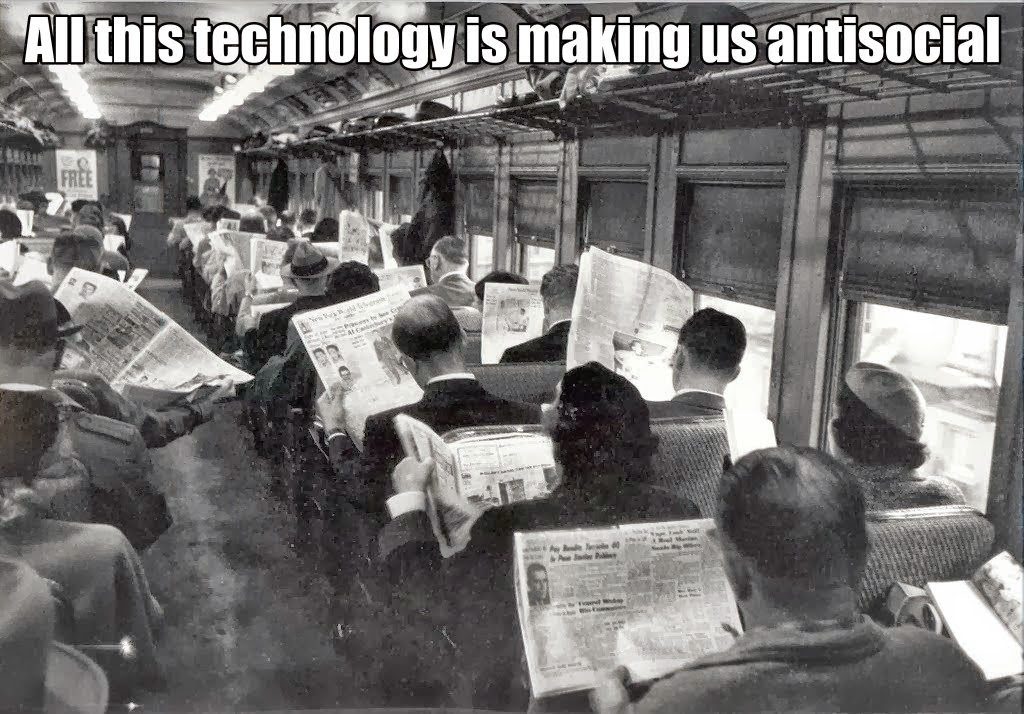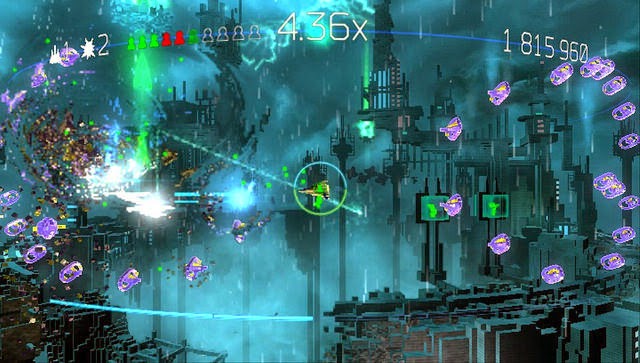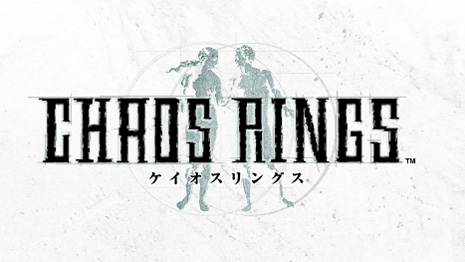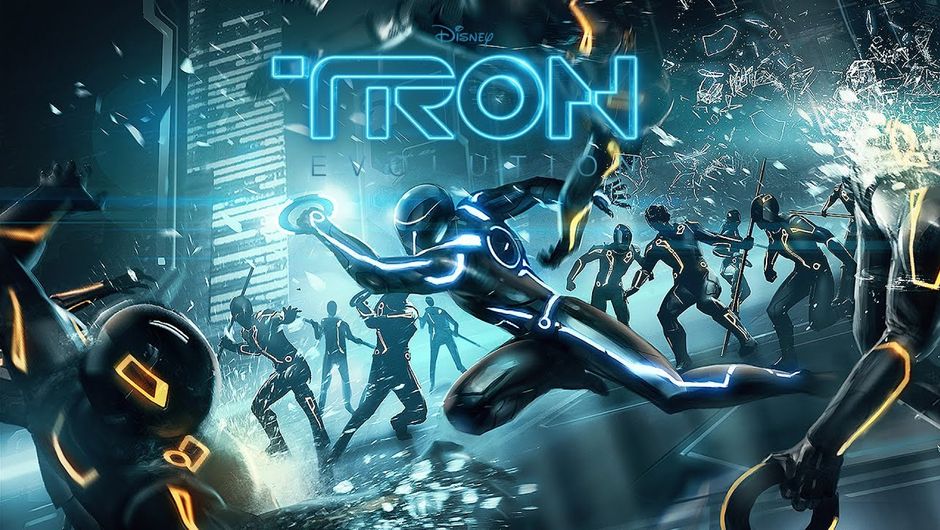There has been a continual struggle over the last century, one that has caused an ever-increasing divide between proponents on each side. With the information age and the industrial age before it, a disparity was introduced where before there was none. Children are some of the most apt learners on the planet: they pick up the basics—and even some not-so-basics—of a language and culture from exposure alone. Technology is a part of that learning process, and it’s a given that each new generation will adapt to the latest trends faster than their elders. Thus a ‘generation gap’ was born, and conflict arose over each side’s differences—namely their use of technology or lack thereof.
To be fair, the battle is not cleanly split between the young and the old, nor is one side wholly right and the other wholly wrong. There are benefits to doing certain things without technology, and likewise there are benefits to doing things with technology. But in reality one is not inherently superior, and in fact the online and offline worlds do not encroach upon each other at all—are not mutually exclusive.
The Way We Are
I will be the first to admit there is such a thing as overuse of technology. However, there is also nothing inherently more meritorious or virtuous about going without it. Every year dozens of people decide to ‘unplug’ for a set period of time and return with glowing reports of how their experiences have improved their lives and they are almost reluctant to go back to using technology at all. However, one can achieve a similar feeling just by spending some time in another country. Reverse culture shock is often harder to deal with than adjusting to something different in the first place. And that’s exactly what’s happening here. When we humans try out a different way of life, we are enthralled with the experience. We feel empowered in some way, like we’re part of an exclusive group. We see value in the new, not the old. We want others to take our perspective along with us because we feel our discoveries are so great.
Doesn’t sound too different from the endless Apple vs Android debates, does it? So much for a divergence.
Don’t misunderstand: there is value in meeting people in person, talking to them without interruption by a phone, doing things together away from screens, and so forth. But all that requires you be in the same physical location. The internet offers a plethora of very real friends to be made all across the world. Neither is better than the other—technology offers one way and going analog offers another. The key is ensuring neither is your exclusive way of life, not proving that one is superior than the other.
The same goes for other things as well. Constructing a model from a kit and crafting a CGI scene in Blender offers much the same artistic satisfaction. Digging up old photos in the basement and pulling up archives on your old PC’s hard drive renders much the same thrill to the viewer. Even where things are truly distinct they are not at war. Walking into an electronics store may give you a great atmosphere and a physical product to hold in your hand, but buying digitally saves money on gasoline and doesn’t pile up boxes and cases that collect dust and get in the way.
You are in control of your technology, not the other way around. It is your choice to hold both the online and offline ways of life in high regard and learn the value of both. Learn to manage both effectively. “Don’t text at the dinner table” doesn’t mean “never, ever text”, it simply means not to disrespect the offline world for the sake of the online world (which can wait, by design). But even if you or someone you know does, it’s not technology’s fault. Tools are not to blame for society’s problems, but people, and for this reason eliminating the tools won’t solve anyone’s problems.
The Novelty Principle
As charming a film as it is, Pixar’s Wall-E will never happen, and for one simple reason: it presumes upon the permanence of novelty. There is a pattern in history that is fond of repeating itself: something new comes along, disrupts society, gains proponents and opponents, divides people with sharp conflict, revolutionizes everything…and then simply becomes commonplace. Novelty always gives way to utility or obsolescence—there is no other alternative.
I find it interesting that everyone who chooses to forego smartphone usage for a month still uses other once-controversial devices. Microwaves were once thought to be potentially dangerous for your health. To this day cars are a target for accusations of destroying the atmosphere. Conversely, at one point in time there were those that believed a conventional oven was the only way to go, and Henry Ford himself believed that “the horse is here to stay, but the automobile is only a novelty—a fad.”
In the end all that happened was novelty collapsed into utility, obsessions declined, and in the end the world didn’t really change on a fundamental level, it just settled in to a new normal. People find new things to argue and debate over while happily utilizing yesterday’s controversial subjects, and the debates themselves don’t really change much. The internet and personal computers of all forms are still new enough to be in the obsession and debate stages, but in the future nobody will be a robot glued to a tablet 24/7 while a hovercraft floats them around so walking isn’t necessary. Instead we’ll be getting plenty of exercise and interaction arguing over something not even conceived of yet, while our use of computers will have declined into a routine and granted part of daily life, no more socially and physically healthy or unhealthy than the television, the radio, or any other gadgets that have been developed over the years. There will always be abusers, but there always have been—modern technology or no.
The good, the bad, and the ugly, or just the last two?
Videogames don’t make people violent, people do. Texting doesn’t make people antisocial, people do. The problem is people looking for an outlet to circumvent their problems rather than make the effort to address them. Right now that outlet is technology. Yesterday it was speakeasies, or even less mentionable places. The tools have changed, the people have not, and don’t judge the tools based on the people who use them incorrectly. It’s not like modern technology is lacking the information to help abusers stop abusing, they just choose not to access it.
The world is only getting more technological. That’s not going to change. Like with all things, there are positives and negatives to that fact. When something is new and unknown, people get afraid, and when people get afraid, they focus on the negatives. But that doesn’t discount the positives, which will always eventually come to light given enough time. When the novelty wears off, that’s when the moment of truth comes. Will something stay and become a mundane utility for everyday life? Will it prove more fad than function and fade away? Smaller trends within the grander scheme of computing technology certainly will, but I honestly believe that for the most part the technology we have here today is on its way to becoming the norm. You can see it in the diminishing disparity between old and new devices. Upgrading regularly is becoming increasingly unnecessary. Utility over novelty. Users are continually surrendering more operative freedom in the name of security. Utility over novelty.
The obsession is waning. The fad is nearing its end. It’s time to stop pointing fingers at technology for social disorders, stop diagnosing Facebook addictions, stop blaming videogames for random acts of violence. Nobody needs to come back to the real world—this is the real world. Here, now, as it is. Technology included.
If you enjoy being a self-proclaimed “dinosaur”, more power to you, but don’t live with the false assumption that your way of life is in some way more meritorious than those who don’t choose the same (of course, you’re probably not even reading this post). If you are a hardcore geek that enjoys all things tech, don’t look down on those who aren’t like you, and make time to value their way of life just like they ought to attempt to value yours.
People make tools. Tools do not make people. Who you are is up to you. Don’t blame technology.








